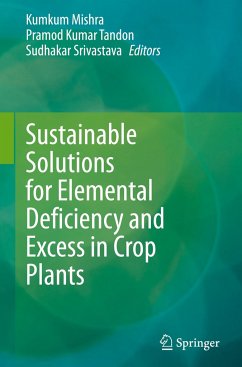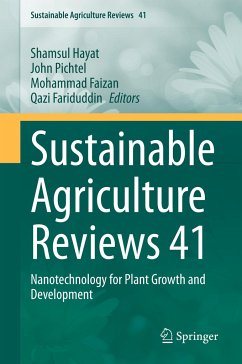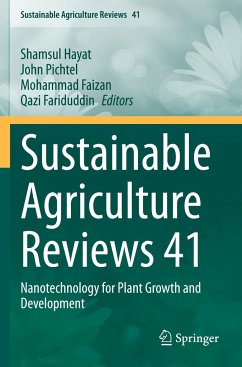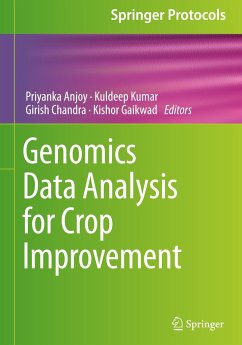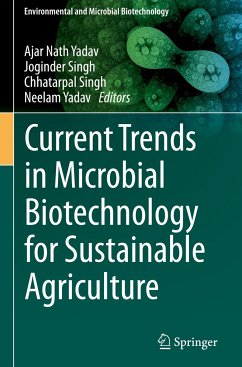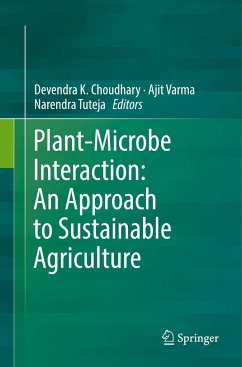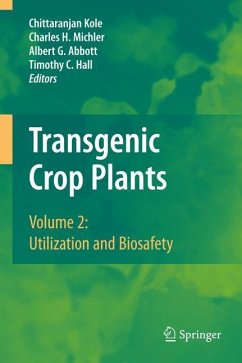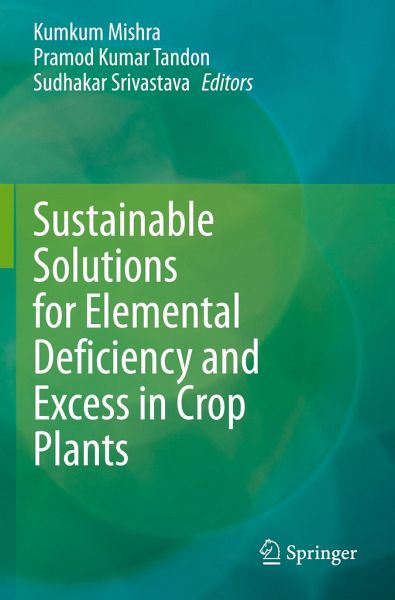
Sustainable Solutions for Elemental Deficiency and Excess in Crop Plants
Versandkostenfrei!
Versandfertig in 6-10 Tagen
151,99 €
inkl. MwSt.

PAYBACK Punkte
76 °P sammeln!
This book covers all aspects of deficiency of essential elements and excess of toxic ones in crop plants. The metal deficiency and toxicity are the two sides of same problem that are threatening to sustainable agricultural growth. The book presents prospective strategies for the management of elemental nutrition of crop plants. Chapters are arranged in a manner so as to develop a lucid picture of the topic beginning from basics to advanced research. The content is supplemented with flow charts and figures to make it convenient for readers to holistically grasp the concepts. It will be a value ...
This book covers all aspects of deficiency of essential elements and excess of toxic ones in crop plants. The metal deficiency and toxicity are the two sides of same problem that are threatening to sustainable agricultural growth. The book presents prospective strategies for the management of elemental nutrition of crop plants. Chapters are arranged in a manner so as to develop a lucid picture of the topic beginning from basics to advanced research. The content is supplemented with flow charts and figures to make it convenient for readers to holistically grasp the concepts. It will be a value addition for students, research scholars and professionals in understanding the basics as well latest developments in the area of metal deficiency and excess in crop plants.



